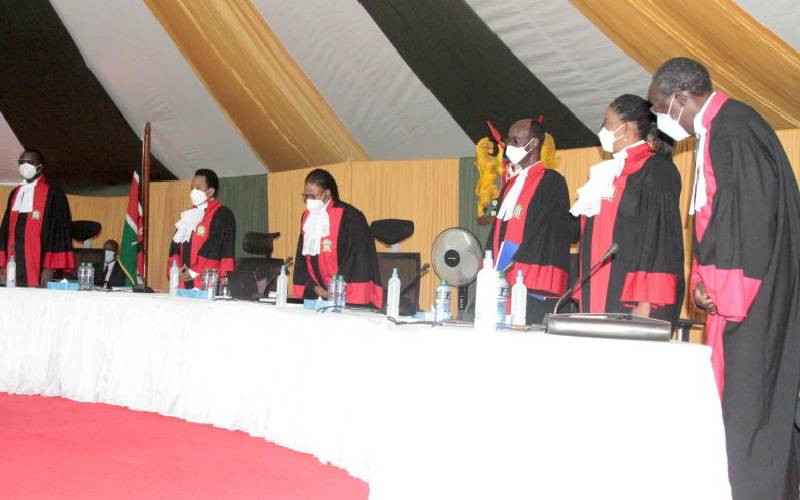×
The Standard e-Paper
Home To Bold Columnists

All eyes will today shift to the Supreme Court as the hearing of the Presidential election petition challenging the victory of the Deputy President William Ruto begins.
The court battle pitting Raila Odinga against DP Ruto will start at 11 am at Milimani Law Courts with a pre-trial conference.